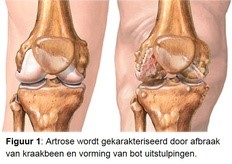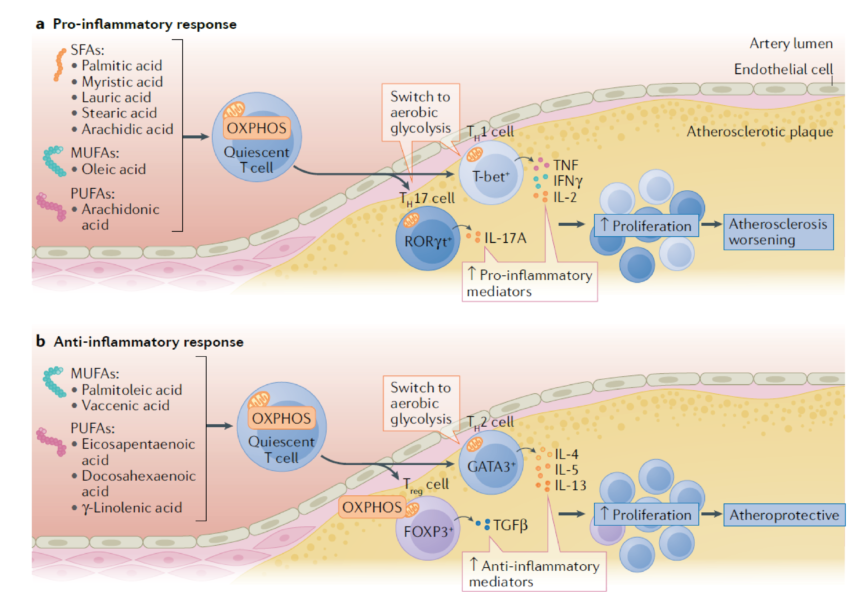MOLECULAR EPIDEMIOLOGY
A long and healthy life is not for everyone. Why is one person worn out at the age of sixty while another can still cycle at the age of ninety? The Molecular Epidemiology department of the LUMC conducts research into the origin of these differences and how these differences can be reduced.
What affects the aging rate? Which mechanisms play a role in this? To investigate this, the researchers are looking at factors that cause people to age healthily. To this end, research is being conducted in long-lived families. In these families the majority manage to reach the age of ninety. What is their secret? Which genes are beneficial? What makes their bodies different from other people? Within this context, we focus on a healthy metabolism, disease and osteoarthritis.
MISSIE
Molecular Epidemiology combines expertise in molecular epidemiology and computer science. This expertise is used for research, education and advice in order to contribute to the improvement of healthcare.
The mission of the research conducted within Molecular Epidemiology (MolEpi) is to monitor and understand factors that influence the risk of age-related disease(s) – aging – or the inverse factors involved in healthy aging. To this end, we generate and analyze state-of-the-art molecular data in human populations, families and groups of patients. In addition, in this context we focus on metabolic health and the relationship to cardiovascular disease. The research is anchored in themes and is carried out in three related research areas and the associated study populations: Aging osteoarthritis and epigenetic epidemiological research. The populations involved in these studies are also linked in biobanks within the BBMRI community.
For information about advice and cooperation with the Molecular Epidemiology section, please refer to this page.
QUESTIONS ABOUT OUR RESEARCH?
LATEST NEWS
Elucidating mechano-pathology of osteoarthritis: transcriptome-wide differences in mechanically stressed aged human cartilage explants
Elucidating mechano-pathology of osteoarthritis: transcriptome-wide differences in mechanically stressed aged human cartilage explants | 16-08-2021 | BMC Evelyn Houtman, Margo Tuerlings, Janne Riechelman, Eka H. E. D. Suchiman, Robert J. P. van der Wal, Rob G. H. H. Nelissen, Hailiang Mei, Yolande F. M. Ramos, [...]
Nature Reviews Cardiology publication about T cells in atherosclerosis
Nature Reviews Cardiology publiceerde een artikel over het effect van vetzuren op T cellen en de implicaties voor atherosclerose onder leiding van LUMC-onderzoekers Wouter Jukema (Cardiologie) en Bas Heijmans (Biomedische Datawetenschappen). ‘Het is hoog tijd voor meer aandacht voor T cellen in cardiovasculair [...]
Prestigious ZonMw Open Competition grant awarded to LUMC, VU and RIVM
Prestigious ZonMw Open Competition grant awarded to LUMC, Vu and RIVM Our life expectancy is increasing worldwide, but the years we spend in good health are lagging behind. People from long-lived families often reach exceptionally old ages without disease. How is that [...]








